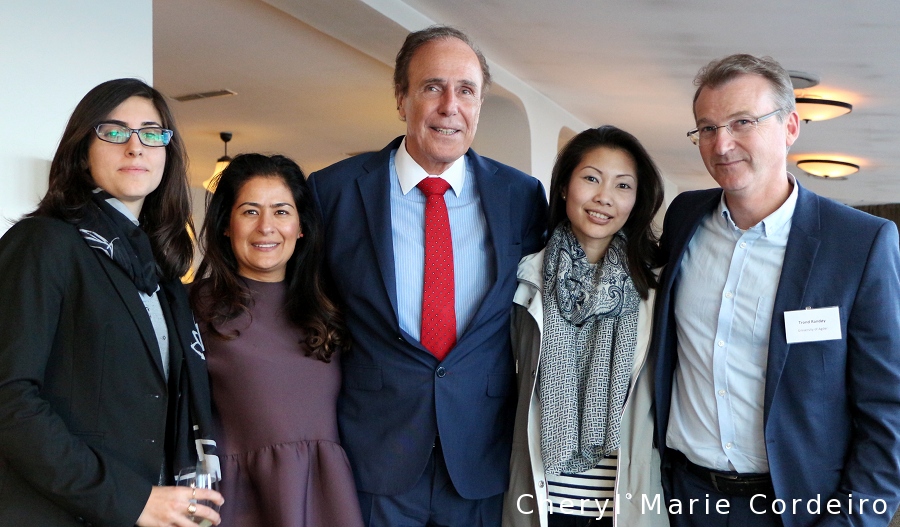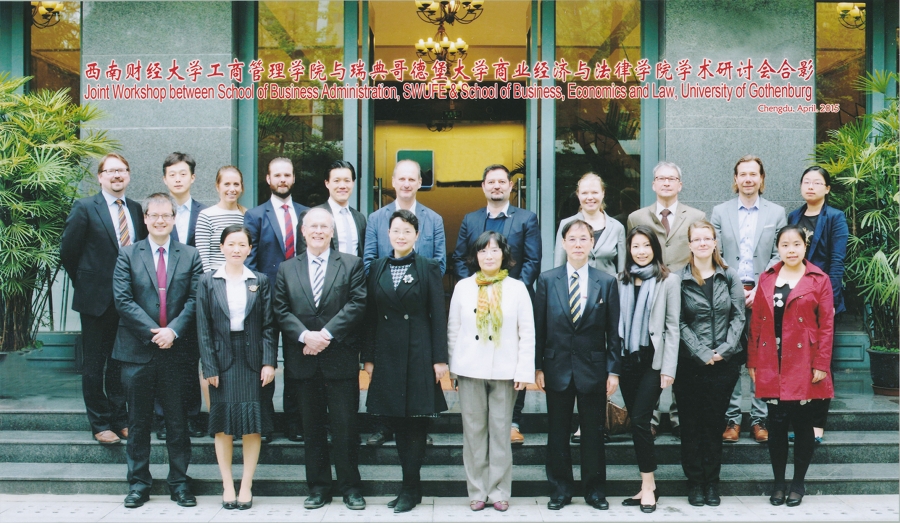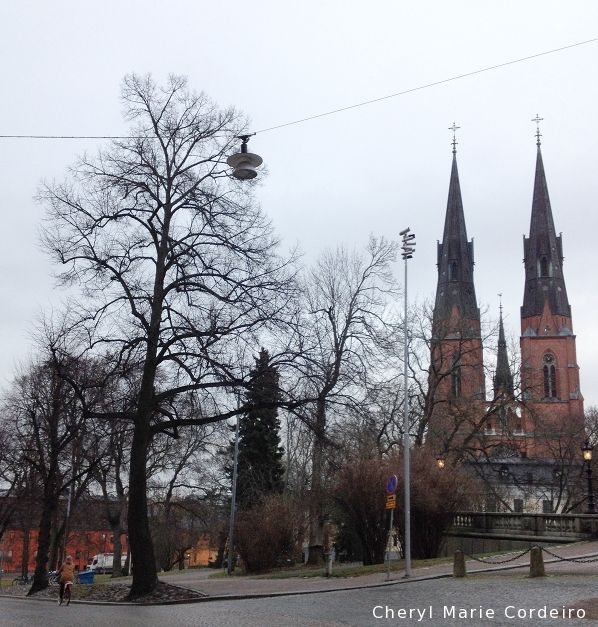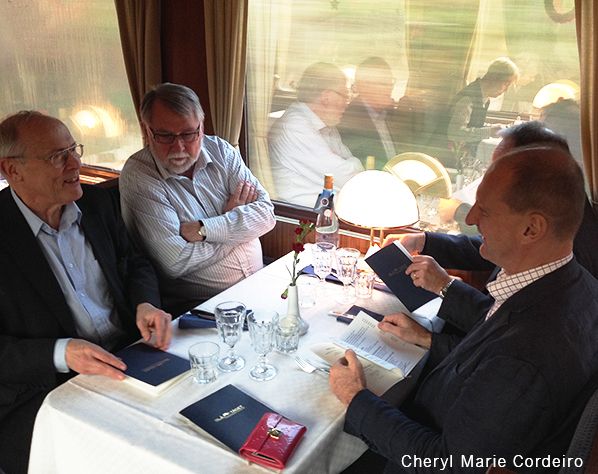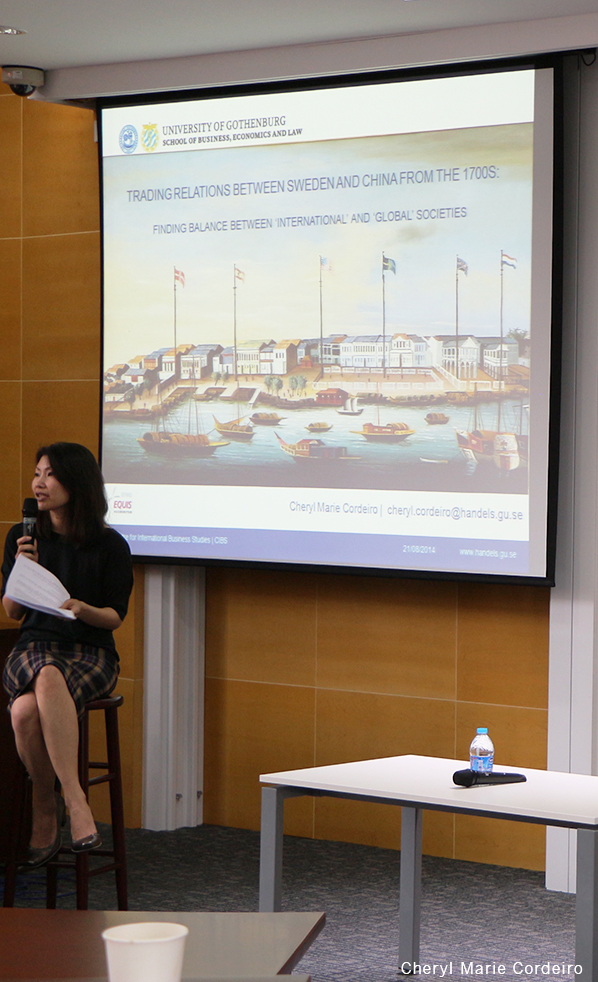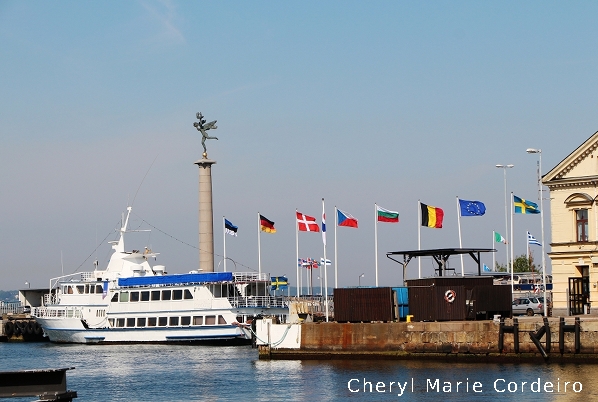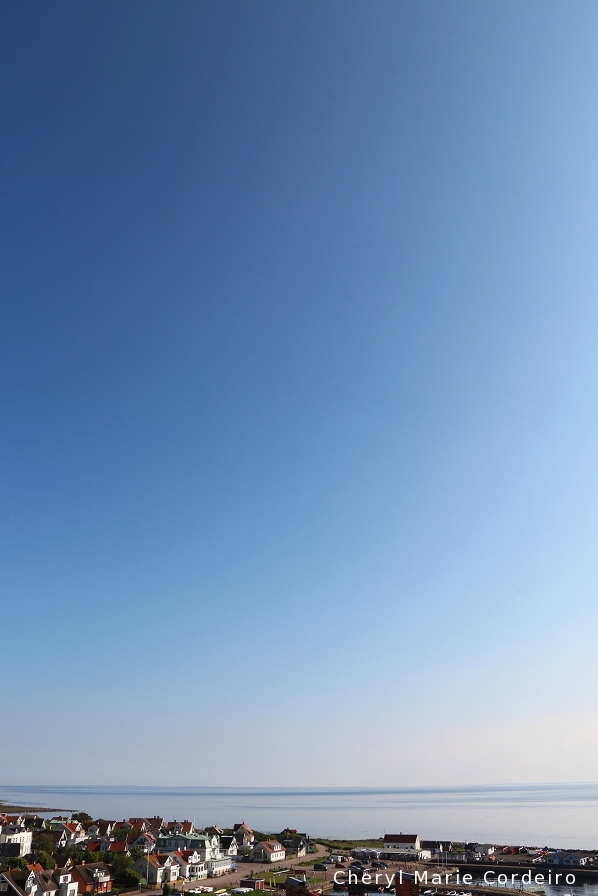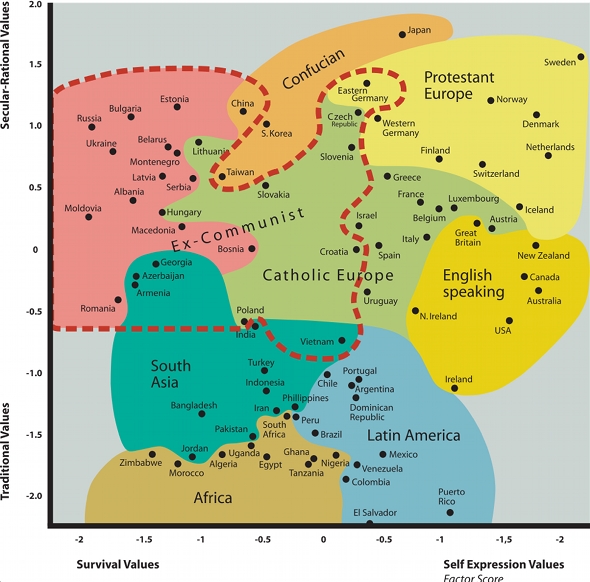The 17th Annual Conference on European Integration, Swedish Network for European Studies in Economics and Business (SNEE) 2015. Colleagues from the UK, Sweden and Norway, stand together with Professor Lars Oxelheim (pictured centre) of Lund University, who is founding Chairman of SNEE, and affiliated to the Research Institute of Industrial Economics (IFN), Stockholm.
Text & Photo © JE Nilsson, CM Cordeiro, Sweden 2015
The 17th annual conference on European Integration in Swedish Economic Research, SNEE 2015, took place at the Grand Hotel in Mölle. As with most conferences, this meeting brought together people who shared complementary research fields in academia regarding European integration efforts. The event also provided the opportunity for academics to meet with some of the most brilliant minds and dedicated individuals in the the service of the Swedish government and the European Commission.
